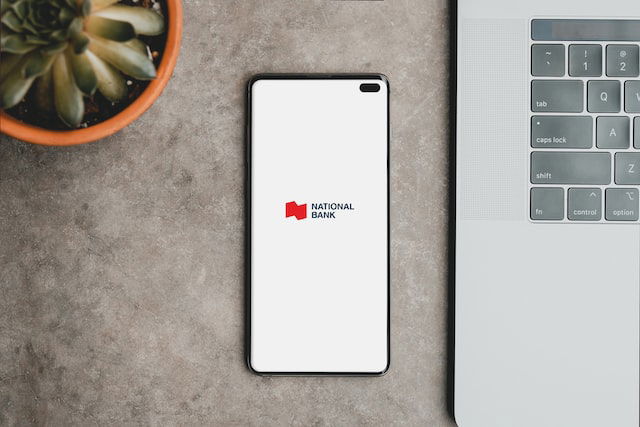What Happens If You Use the Wrong Purpose Code in wire Transfer?
Advik
. 3 min read
More and more small and medium-sized enterprises (SMEs) including startups, LLPs, private limited companies, and others are engaging in international trade, and this has increased the need for cross-border payments. The startup community in India has expanded rapidly in recent years.

Over the past few years, the number of new startups in India has exploded from 471 in 2016 to over 100,000 in 2022. India is the world's largest recipient of remittances in part because of its thriving startup and small and medium-sized enterprise (SME) sector, which includes anything from sole proprietorships to long-lasting corporations.
Nonetheless, there are regulations that apply to every international financial deal. The country's central bank establishes these regulations. Foreign exchange transactions in India are regulated by the Reserve Bank of India (RBI) and the Foreign Exchange Management Act (FEMA).
Purpose codes are used to indicate the reason for a cross-border transaction like an international wire transfer or an international money transfer. The government of a country will issue purpose codes so that it can keep track of all the money flowing into and out of the country. These codes also facilitate the operation of the international monetary system.
However, this might backfire if the incorrect purpose code is selected. Are there financial repercussions? What is it?
What is the Purpose Code?
The central banking institutions of the many nations across the world are responsible for the issuance of purpose codes. Transactions that take place across international borders necessitate the use of a purpose code. A unique purpose code is allotted to each and every transaction that involves foreign money.
The reasons behind the execution of a transaction are referred to as the purpose of the transaction, and this purpose is denoted by a purpose code. When making a payment across international borders, you may be needed to provide purpose codes from both the country of the sender and the country of the recipient in order to satisfy the regulatory requirements imposed by the institutions that are responsible for issuing the codes.
In India, the Reserve Bank of India (RBI) assigns a variety of purpose codes to indicate the nature of payments received by Indians from other countries as well as payments made by Indians in other countries.
In other words, the purpose code provides assistance to authorities in understanding the particular nature of a cross-border transaction, such as whether the transaction involves inbound or outbound transfers in foreign currency.
Why is It Necessary to use?
The Reserve Bank of India (RBI) maintains a list of purpose codes that are required to be provided in the particulars of each transfer. These codes detail not only the type of the transaction but also the particular reason that the funds were transferred. With the use of these codes, the RBI is able to categorise remittances. For the sake of illustration, if the reason for your international transaction is 'postal services,' you will need to enter the code P0401 while executing the transfer.
Payment gateways like PayPal are used by a large number of startups, freelancers, and small and medium-sized enterprises (SMEs) in India for both incoming and outgoing remittances. If you use a payment system to receive payments in a currency other than the one you are used to, you will need to pick the appropriate purpose code before you may transfer money from your account to an account at a bank in your home country of India. Once you have entered the appropriate purpose code for your remittances, it will be used as the default reason for any and all payments that are made in the future. In order to be eligible to accept payments from other countries, you will require not only the appropriate purpose code but also a Foreign Inward Remittance Certificate (FIRC) issued by the RBI.
What Consequences Do You Face if You Select the Wrong Purpose Code?
As was mentioned before, purpose codes are obligatory for remittances in both directions (inward and outward). If you enter the wrong purpose code, the central bank can suspect that you are attempting to avoid paying taxes and flag the transactions as suspicious. Incorrect purpose codes may result in the failure of your transactions. In addition to this, the bank may withhold the money based on allegations of tax evasion and may book you for violating the applicable tax laws of the area. If the transaction includes a bigger quantity of money, then there is a greater possibility of losing the money if the incorrect purpose code is selected. If you input the incorrect purpose code, you won't be able to amend it for any transactions that have already been completed.





